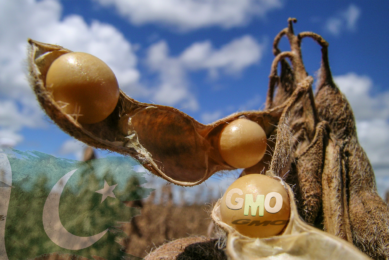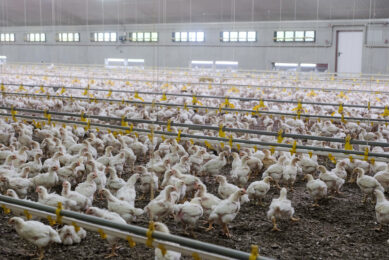Dioxin scandal: More farms quarantined; eggs may be sold
An additional 139 farms were quarantined in Germany yesterday in a growing case of animal feed being contaminated with dioxin. Earlier, 1,000 poultry and pig farms in the state of Lower Saxony were quarantined as a precautionary measure.
The new quarantined farms are located in the state of North Rhine Westphalia, south of Lower Saxony. The farms need to stay quarantined until research has indicated the extent and effect of the contamination.
Eggs
A number of potentially contaminated eggs may have already reached the German market. For that reason, relevant numbers of layer farms contaminated have been made public. This way, consumers can compare purchased eggs and find out if they had bought contaminated eggs.
For quarantined farms, additional burdens will occur due to laboratory analysis and longer fattening periods. In a worst-case scenario, farmers may even face closure when they cannot send animals for slaughter or when delivered animals are rejected.
The German Farmers’ Union (DBV) is afraid the affair will lead to damage of millions of euros, as farms may be quarantined for as long as a week.
"This may lead to a revenue drop of €10,000 or €20,000 for farmers," DBV secretary Helmut Born was quoted in the German newspaper Die Zeit. The DBV would like to see its farmers fully compensated.
Previous crisis
Last year May, Germany faced its previous dioxin crisis as approximately 1,000 biological poultry farms in North Rhine Westphalia were quarantined after the use of contaminated corn from Ukraine. Further dioxin discoveries stem from 2003, 2004 and 2006.
Related news item:
Dioxin scandal hits 1,000 farms (04 Jan 2011)
Related websites:
German Farmers Union (both in German)











